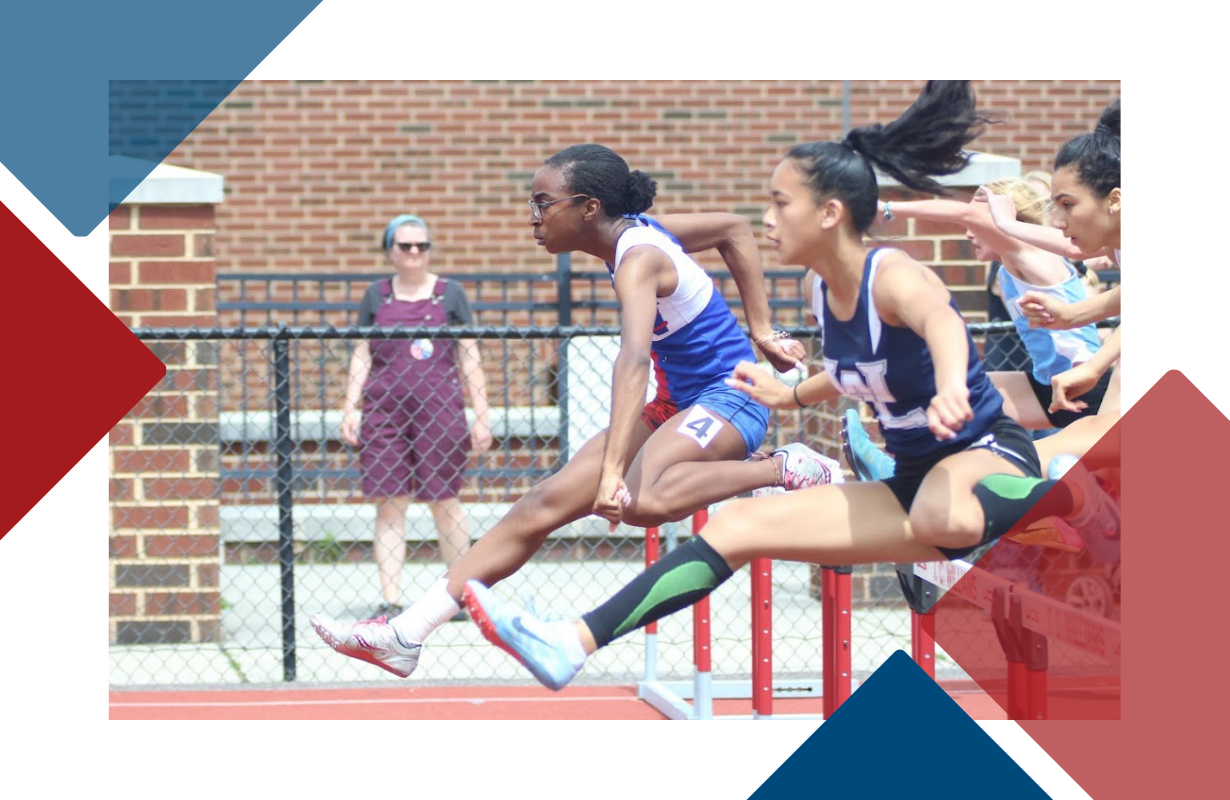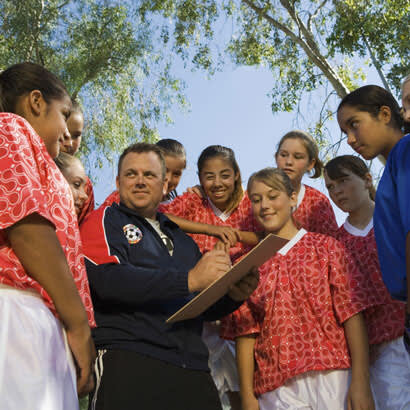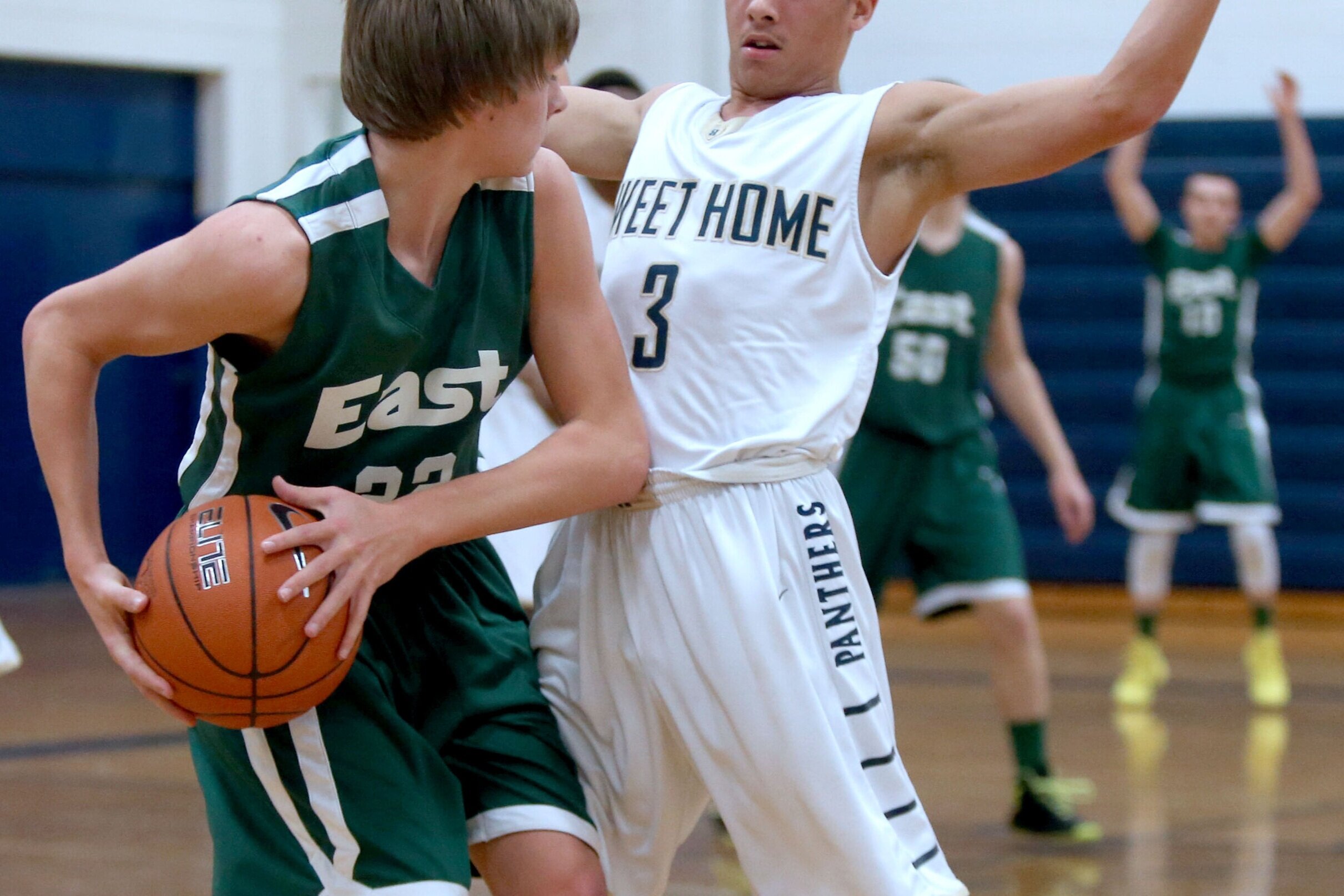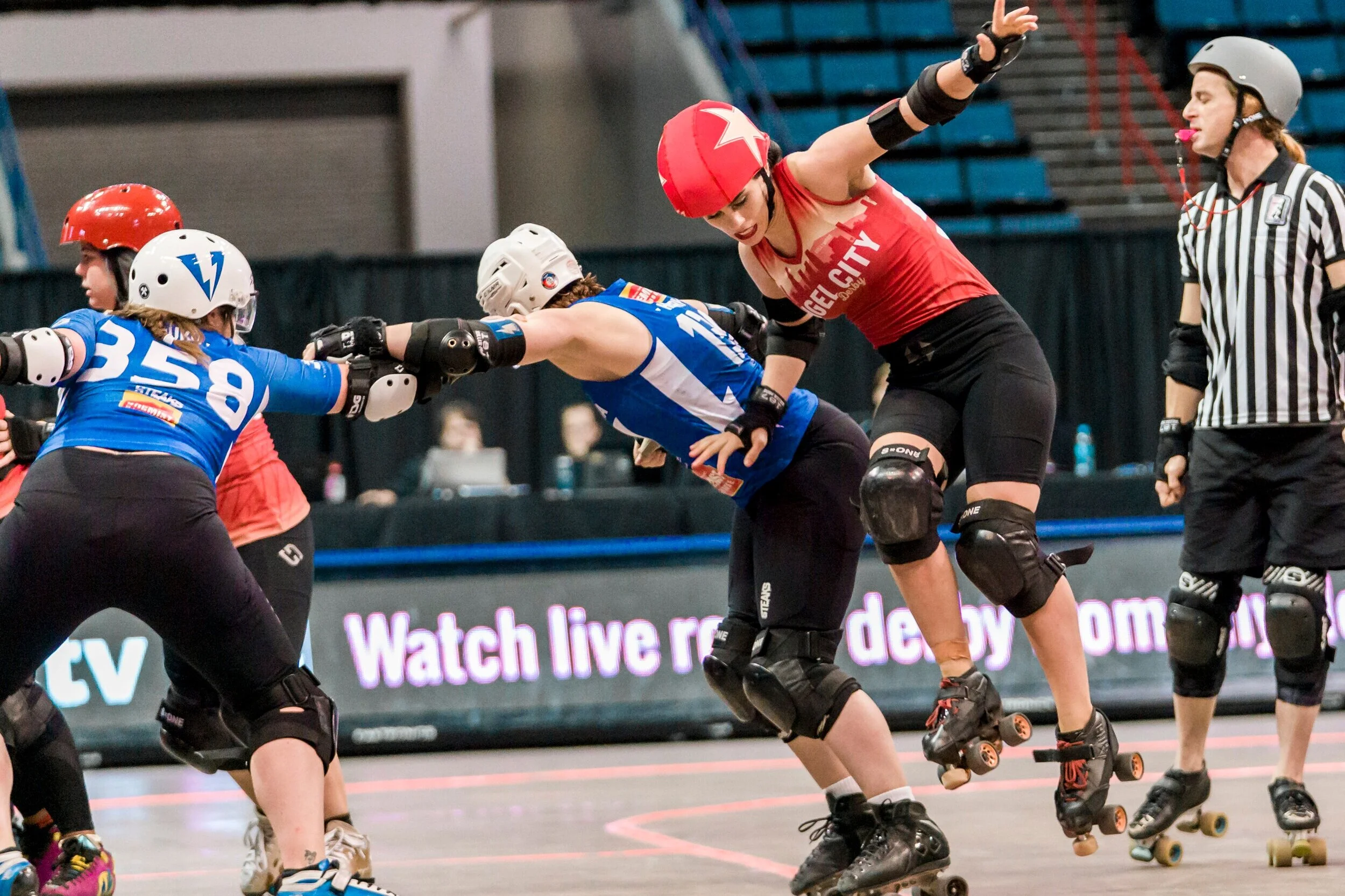These are unprecedented and anxious times for all of us. More than one-third of American adults (36%) say the coronavirus is having a serious impact on their mental health, according to a recent poll by the American Psychiatric Association. We worry about running out of food, medicine, supplies and money.
Now imagine being a child.
Our kids are experiencing an event that could impact them profoundly for the rest of their lives, for better or worse. Many of them are experiencing this scary, strange and boring pandemic without sports – a venue that, when delivered properly, lets kids release their stress, move their bodies and feel safe within an inclusive team setting.
Project Play’s No. 1 strategy to get more kids involved in sports has always been Ask Kids What They Want. The same is true during a pandemic. We can’t deliver what youth need, now or when sports return, without asking them what they want. We spoke with seven youth athletes so adults can hear kids’ voices, in their own words, at a time when listening is more important than ever.
What are you doing to stay active?
Priscilla De La Cruz, 8th grade, Washington DC: “I go to the field with my dad or I do DC SCORES at-home videos. (The videos provide) things you can do inside to learn to control the ball and how to have more speed. I’m in an apartment. It’s hard to do drills in an apartment. There’s a neighbor, and if you make noise, of course they’re going to complain about it so you can’t do nothing. Since now all the fields are closed, I don’t really go outside. There’s a little space in the back, but it’s hard to practice. I can’t really kick the ball or anything. I used to play every day and now it’s maybe once a week.”
Rhiannon Root, 7th grade, Columbus, Ohio: “The coronavirus canceled my swim state meet, which is the biggest meet of the year. It was really upsetting. But I’ve been trying to come back from that and stay in shape, so when soccer season comes around, I’ll be in shape for it and I’ll have a good season, because I want to come back from what I’ve missed.”
Trejour Madden, 4th grade, Cleveland, Ohio: “It’s really boring. I’m used to running around and jumping. I miss spending time with my team and winning games. On nice days I go outside and we ride our bikes just to exercise.”
Charlie Meyer, 8th grade, East Aurora, New York: “My soccer coach has been sending our schedules with videos to watch. We’ve been meeting (on Zoom) once a week and the coach gives us assignments on things to do to stay connected. We make a workout for your partner, and then you send it to the coach and he gives us feedback. Our coach has been texting a lot during this break, more than normal. He’s encouraging us to follow workouts and keep training hard, which makes me feel motivated. Coach has definitely been asking, ‘Are you staying good with your family? Are you doing school work?’ It makes me feel good when someone is wondering about you. It feels like they care about you.”
How are you holding up emotionally?
CALLING ALL COACHES
Project Play has updated our Calls for Coaches report with tips and checklists for coaches to support their young athletes’ social and emotional well-being during physical distancing.
Drake Lewis, 11th grade, Washington DC: “For the past couple years, I’ve always had something to do in the fall, spring and summer. It’s weird because I had a routine of school, practice, homework. I don’t really have that anymore. Not being able to play baseball, it really sucks, especially since we had a pretty good team this year and chances of us winning our league championship were pretty high. For me, I still have another year left. I’m fine. I just feel bad for the seniors on our team. That’s it for them.”
Priscilla: “It’s really boring. I used to get my stress out on the (soccer) ball. When I would take penalty shots and I would be mad, I would kick the ball really hard. Now I just try to ignore people and get on my phone since there’s nothing to do. (Priscilla estimates she’s on her phone eight hours a day, compared to two hours per day before the pandemic.) I’m just sitting down. All I do is eat now. When I’m bored, I’m eating. It’s healthy food, but it’s too much food.”
Charlie: “It’s definitely a little scary because I’ve never really lived through anything like this. I know there’s been wars before, but I’ve never had to take an extended period off school and not interact with friends. It’s kind of hard to not talk to anybody outside your family for a long time, but I know it’s going to be better when it’s all over, so we have to stay inside so it’s better.”
Many kids are used to having sports scheduled for them. Is it hard to use your imagination and play sports on your own?
Vivian Chute, 8th grade, Columbus, Ohio: “I feel like getting the motivation to do (sports) is hard. I just want to be in my bed on my phone. Why would I go outside? It’s too far. At the same time, once you get the motivation, it’s good. But if your parents have different plans than you, and if they mess with you, you just lose all your motivation.”
Rhiannon: “I wouldn’t do anything if my parents weren’t here (encouraging me). It’s very hard. I usually just end up watching TikToks instead of doing my (soccer) work. I’ll be juggling or I’ll be outside, and I’m like, ‘Actually, I want to watch TikTok to distract me.’”
Charlie: “It’s harder to work out and train at home because you’re not as competitive and don’t have a coach to push you all the time. My dad has made a workout schedule for us, so we do soccer workouts in the morning and lift in the basement in the afternoon. It’s definitely helpful to have a schedule so I don’t lose focus.”
Need a game for the kids? Editorial Director Jon Solomon and his two sons Daniel and Josh created a friendly competition for siblings. Lacking a good name, the event took on the title of the Whatcha Call it Games. The rules:
- Bring every type of ball and equipment you can find to a local field or school blacktop.
- Stage multiple rounds of competitions in different activities. Examples: Timed running, hockey passing, football long-distance throwing, basketball shooting, tennis juggling, Nerf gun shooting. Use your imagination – and let the kids have a say.
- “Broadcast” the event as if you’re an announcer. Do player introductions and in-game interviews.
- The winner of each round gets a point and decides the next activity. The kid with the most points wins.
- Competition motivates kids. But the goal is physical activity – and always with good sportsmanship, even amid tears of disappointment.
Drake: “At first, I thought it would be hard to still do baseball stuff without having another person because I won’t have anyone to throw to. In talking to my coach, I realize how I can just go to a field, have a bucket of balls, throw into a net, maybe hit off a tee, and work on footwork. I had been going to a track and just running and jogging some laps. But then I started slacking off, so talking to my coach about what to do helped.”
What are you doing outside of sports to fill up your time?
Zachary Ramirez, 5th grade, Vancouver, British Columbia: “I’m on an iPad or iPhone a lot – probably 60% more. We are doing poetry and mindfulness and exercises that Canada SCORES is giving us. They give us videos to watch and we get to do a meditation, but they also call it guided relaxation. They give us worksheets we can print out. It makes me feel kind of happy because I don’t have to spend most of my time playing on an iPad or iPhone.”
Drake: “Besides homework, I’ve been watching a lot of movies and TV. I’ve re-watched every Star Wars movie.”
Charlie: “I’ve definitely played a lot of video games in the basement by myself. I’ve tried to limit it. We go on walks. The (workout) schedule has been keeping me sane. It gives me something to do every day when you wonder what to do next instead of laying around and not doing anything productive.”
Priscilla: “I like to cook. I try to find new recipes to cook that can lead me to take classes.”
What should parents and coaches know about what this period is like for kids and how to help them?
Trejour: “Adults should know it is hard for kids to stay in the house all day because of the coronavirus, and they can’t play with their friends.”
Drake: “Give kids a list of things to do. You have this free time and you don’t know what to do with it. It shouldn’t be spent at home all day. At some point, you need to get out of the house and actually be active, so when you play sports again, you’re not completely out of it. Give kids lists of exercises related to a specific sport you play. At my school, coaches have workouts for players. For girls lacrosse, one thing was to hit the ball off the wall, pick it up and throw it back again. One girl went to the shopping center to hit it off the wall.”
Priscilla: “Adults should have a lot of patience with kids since they’re bored and now there’s nothing for them to do except to stay home. Also know there’s a lot more homework to do than during normal school. I do five to six hours of school work a day. It will be a big change for me moving to high school (next year). It will be a harder change than what it would have been (if the final year of middle school isn’t completed).”
Charlie: “If you give something to a kid right now to do it, the kid will probably do it because they have nothing else to do. Try to be involved. Just be there and keep them informed of what keeps them in the best shape. Encourage them to get through this time because it will be over at some point.”
Do you have a topic that you would like Project Play to explore in future COVID-19 youth sports coverage? Email Jon Solomon at jon.solomon@aspeninstitute.org.






















